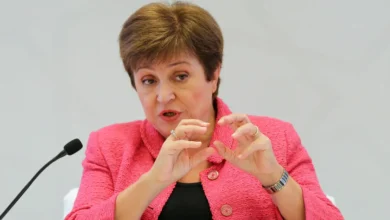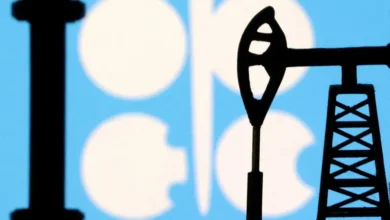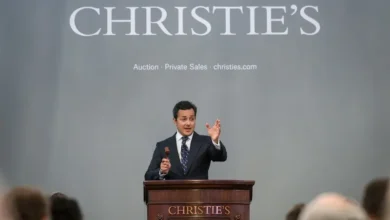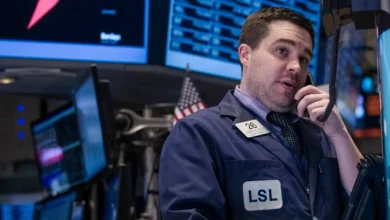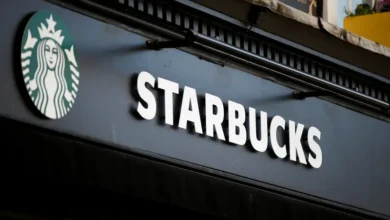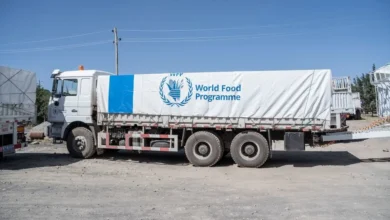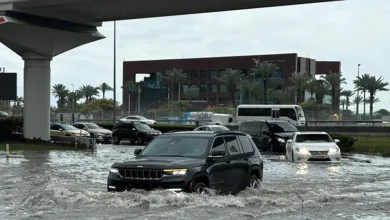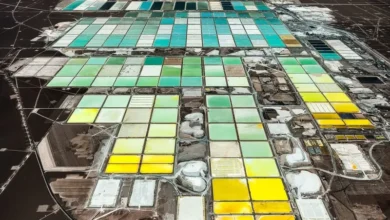Can a divided G20 summit in India still set the global agenda?
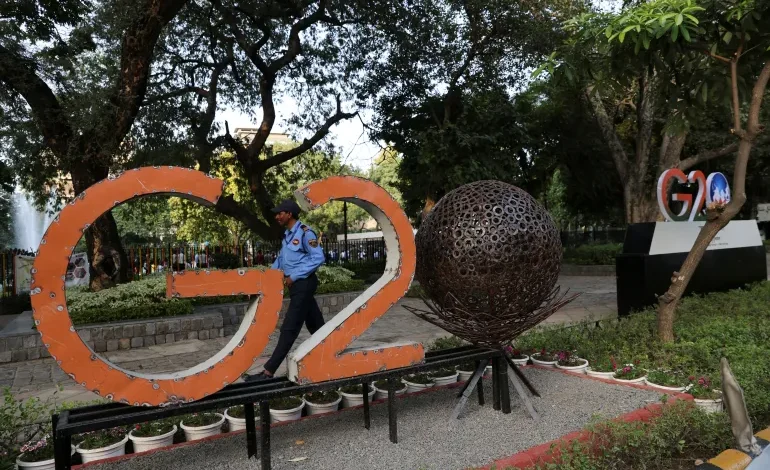
As some of the most powerful heads of government descend on the Indian capital later this week to attend the summit of a deeply divided Group of 20, one question hovers over New Delhi’s hazy air: Does this annual meeting still serve any purpose?The G20 started in 1999 in the wake of the Asian financial crisis as a forum for finance ministers and central bank governors to discuss global financial and economic issues.
After the global financial crisis that started in 2007, it was upgraded to the level of heads of state and in 2009 it was designated the “premier forum for international economic cooperation”. At the time, the G20 nations agreed to spend $4 trillion to revive their economies and that of the world, cut back trade barriers and carry out reforms of their financial systems.
Since then, leaders of the G20 member countries convene each year to discuss economic and financial matters, and increasingly, broader global concerns.
In 2009, reports of a proposed Iranian nuclear plant took centre stage at the G20 summit. In 2016 Chinese President Xi Jinping and United States President Barack Obama formally announced accession to the Paris climate agreement at the group’s meeting in Hangzhou, China.
More recently, the G20 faced criticism for failing to offer a robust response to vaccine needs, including by suspending patents, though it did agree to suspend debt payments by some of the poorest countries in the world.
Analysts concur that the G20’s sheer heft – it makes up 60 percent of the world’s population and more than 80 percent of the global economic output – makes it a relevant platform.
But that can also be a drawback as with 19 member countries today – including competing superpowers like the US, China and Russia — and the European Union, it is increasingly dealing with interests that are not always aligned.The Group of Seven, whose members include only developed nations, is smaller, and so “more impactful,” he said. However, the G20’s importance lies in the fact that it is “more reflective of the world as a whole” since its members also include developing nations from Asia, Latin America and Africa.
That said, the G20 is experiencing “a very difficult geopolitical moment”, limiting what it can do, Kugelman pointed out. “In any context, the US and allies under the same tent as China and Russia, you’re going to be in a lot of trouble,” he said. Those tensions have exploded further amid the raging war in Ukraine which is now in its second year, and which has split the world.With that backdrop – where the US and allies have condemned Russia’s war on Ukraine and imposed tough sanctions while China, host India and a few other nations have not — finding common ground for other issues is proving to be a lot more challenging.
Indeed, through its G20 presidency which started in December last year and will conclude in November, India has struggled to build consensus around the war in Ukraine. That, in turn, has prevented it from being able to issue substantive outcome documents from the dozens of G20 working groups and meetings that India has hosted over the past many months.
These challenges also plagued the last G20 presidency under Indonesia. India had hoped to do better. But its performance so far has been “underwhelming”, said Kugelman. The summit on September 9 and 10 is its last chance to show that it can do something effective.
The success of that, however, is still in doubt especially as China’s Xi has decided to skip the annual summit for the first time. Russian President Vladimir Putin will not attend either, and Mexican President Andres Manuel Lopez Obrador is likely to give the conclave a miss, too.
If India fails to secure a joint declaration at the end of the G20 because of divisions among members, that, too, would be an embarrassing first.‘The most important platform’
However, other experts like Ashok Kantha, a former Indian ambassador to China, think the G20 remains “the most important platform for international financial and economic issues and for the development agenda”.“There’s a feeling that the concerns and feelings of the Global South are ignored,” said Kantha and that international organisations like the United Nations, the International Monetary Fund and the World Bank are rooted in the post-World War II period, dominated by a small number of countries.
India has tried to highlight those concerns. At the beginning of its presidency, it held a virtual meeting of the Global South which was attended by 125 countries. At that gathering, Prime Minister Narendra Modi said that “three-fourths of humanity lives in our countries. We should also have [an] equivalent voice.”
Many economists and some millionaires called on the G20 to introduce a global tax on the superrich, citing growing inequality.
Meanwhile, in late August, and just ahead of the G20 summit, Modi proposed that the African Union should be a full member of the bloc – currently South Africa is the only country from the continent that is a G20 member. He described his suggestion as an example of India’s “vision of inclusiveness”.
“The Indian government is recognising that global governance led by the UN system has failed and there are alternative, non-Western forums or a mix of the two that have to take up some of those responsibilities,” said Happymon Jacob, a foreign policy analyst and associate professor of disarmament studies at New Delhi’s Jawaharlal Nehru University.
